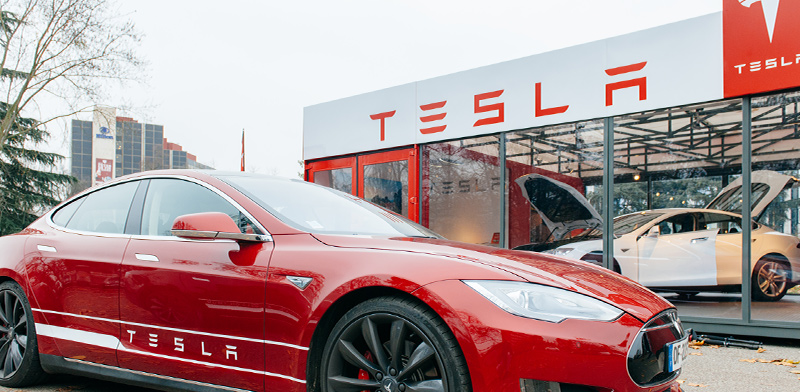Tesla Inc.’s automobile deliveries grew in the first quarter. A brief Covid-19 shutdown at Shanghai’s manufacturing facility and delays in the company’s supply chain contributed to the results being below Wall Street expectations.
Tesla CEO Elon Musk said on Saturday morning that “this was an *exceptionally hard quarter due to supply chain issues and China zero Covid policy.” His response was, “Saving the day.”
During the first three months of this year, Tesla delivered 310,000 vehicles globally, an increase of 68% over the same period in 2013. Deliveries in the fourth quarter of 2013 were almost unchanged from last year.
By adding more factories and boosting production capacity by 50%, Tesla is able to keep up with rising demand. According to Wall Street, Tesla was expected to deliver 317,000 vehicles in the first quarter. In a few weeks, Tesla is expected to publish a record quarterly profit.
Other major automakers have reported a decline in sales in the United States in the first quarter due to automobile shortages.
For the last four days, Tesla’s major production facility in Shanghai, China, has been closed due to a Covid-19 outbreak, which has resulted in concerns about the quarter’s deliveries. Tesla sold more than 470,000 Model 3 and Model Y sedans at the facility last year.
Covid-19 infections have forced the temporary closure of Shanghai, a city of 25 million people. Public transportation was halted, and driving was severely limited in the immediate proximity of the Tesla site. Nearby residents were told not to leave their homes.
The factory in China was shut down for two days in March so that all employees could take the Covid-19 test.
Before the delivery statistics were released, Chinese auto industry analyst Tu Le said: “I don’t think it will have a significant impact.” “Vehicle sales in China are usually sluggish in January, February, and March.”
There will be regular monitoring of sales data since there is no way of knowing how pandemic-related lockdowns would affect the country.
Between the Model S and the Model X, 14,724 Tesla automobiles were sold. The Model 3 sedan and the Model Y small sport utility vehicle have each been delivered to 295,324 customers. Tesla’s shipments aren’t broken down by region. They also produced 305,407 vehicles, according to the company’s figures.
Tesla’s most popular models are model 3 and model y, which represent the core of the company’s production. According to Mr. Musk, there will not be a new automobile model released until 2022.
Tesla began exporting Model Ys from a new factory in Germany last month. Austin, Texas, will be the new location of the company’s newest plant on Thursday. Tesla’s German facility is expected to generate more than half of the company’s vehicles if everything goes well.
Supply chain problems across industries and historical inflation rates might influence Tesla’s growth path.
Raw materials and logistics have encountered “significant recent inflation pressure,” Tesla CEO Elon Musk said in a tweet issued last month. Model 3 and Model Y costs have risen by as much as 30% in the past year, according to Bernstein Research.
There’s a good chance that Tesla will continue to ship additional cars and SUVs for the rest of the year, with yearly sales reaching 1.5 million units, according to industry analysts.

